 The University is currently preparing to take part in the first Research Excellence Framework (REF) assessment, which is a national exercise to assess the quality of research in UK higher education institutions.
The University is currently preparing to take part in the first Research Excellence Framework (REF) assessment, which is a national exercise to assess the quality of research in UK higher education institutions.
As part of this preparation, all REF eligible staff have been encouraged to disclose individual circumstances to HR (please refer to previous ‘REF’ blogposts for more information). The first round of data collection closed in October 2012 and the next round of data collection is due to take place in May 2013.
To help you to decide if you qualify as an early career researcher, please find below the official definition given by the REF team, extracted from the ‘Assessment framework and guidance on submissions’ document.
Early career researchers are defined as members of staff who meet the criteria to be selected as Category A or Category C staff on the census date, and who started their careers as independent researchers on or after 1 August 2009. For the purposes of the REF, an individual is deemed to have started their career as an independent researcher from the point at which:
a. They held a contract of employment of 0.2 FTE or greater, which included a primary employment function of undertaking ‘research’ or ‘teaching and research’, with any HEI or other
organisation, whether in the UK or overseas, and
b. They undertook independent research, leading or acting as principal investigator or equivalent on a research grant or significant piece of research work. (A member of staff is not deemed to have undertaken independent research purely on the basis that they are named on one or more research outputs.)
For more information about the REF at BU, see the previous REF posts on the Blog by clicking on the ‘ref’ tag. You can also access additional information from the REF website.
Alternatively, you can contact myself or Rita Dugan in the Research and Knowledge Exchange Development and Operations Team or leave a comment below.
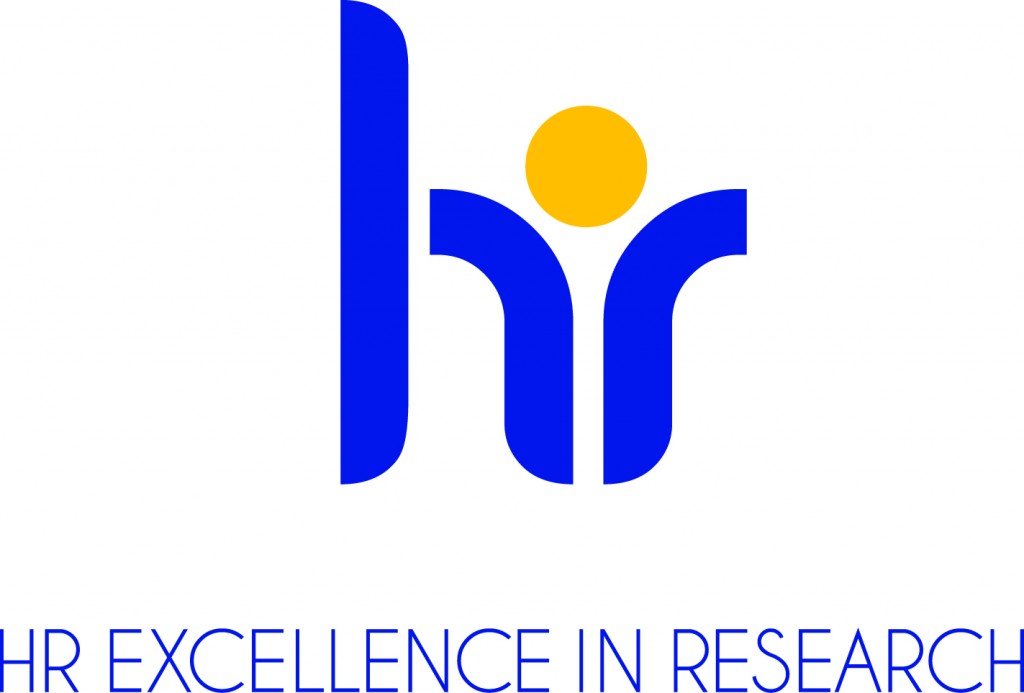
 The AHRC Follow-on Funding for Impact and Engagement Scheme (FoF) provides funds to support innovative and creative engagements with new audiences and user communities which stimulate pathways to impact. Funds will be awarded for knowledge exchange, public engagement, active dissemination and commercialisation activities that arise unforeseeably during the lifespan of or following an AHRC-funded project. The scheme does not support supplementary funding for continuation of research activities.
The AHRC Follow-on Funding for Impact and Engagement Scheme (FoF) provides funds to support innovative and creative engagements with new audiences and user communities which stimulate pathways to impact. Funds will be awarded for knowledge exchange, public engagement, active dissemination and commercialisation activities that arise unforeseeably during the lifespan of or following an AHRC-funded project. The scheme does not support supplementary funding for continuation of research activities.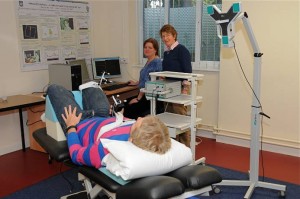
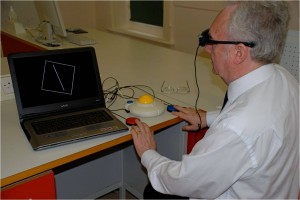


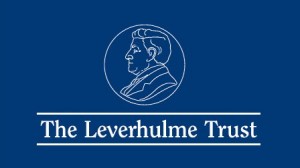
 Coming soon is essential training on book writing. A must for researchers, especially those looking to write their first book.
Coming soon is essential training on book writing. A must for researchers, especially those looking to write their first book.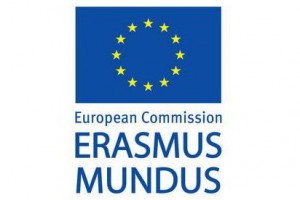








 The closing date for the 2013 round is 28 February 2013 at 16:00
The closing date for the 2013 round is 28 February 2013 at 16:00










 Beyond Academia: Exploring Career Options for Early Career Researchers – Online Workshop
Beyond Academia: Exploring Career Options for Early Career Researchers – Online Workshop UKCGE Recognised Research Supervision Programme: Deadline Approaching
UKCGE Recognised Research Supervision Programme: Deadline Approaching SPROUT: From Sustainable Research to Sustainable Research Lives
SPROUT: From Sustainable Research to Sustainable Research Lives BRIAN upgrade and new look
BRIAN upgrade and new look Seeing the fruits of your labour in Bangladesh
Seeing the fruits of your labour in Bangladesh ECR Funding Open Call: Research Culture & Community Grant – Apply now
ECR Funding Open Call: Research Culture & Community Grant – Apply now ECR Funding Open Call: Research Culture & Community Grant – Application Deadline Friday 12 December
ECR Funding Open Call: Research Culture & Community Grant – Application Deadline Friday 12 December MSCA Postdoctoral Fellowships 2025 Call
MSCA Postdoctoral Fellowships 2025 Call ERC Advanced Grant 2025 Webinar
ERC Advanced Grant 2025 Webinar Update on UKRO services
Update on UKRO services European research project exploring use of ‘virtual twins’ to better manage metabolic associated fatty liver disease
European research project exploring use of ‘virtual twins’ to better manage metabolic associated fatty liver disease